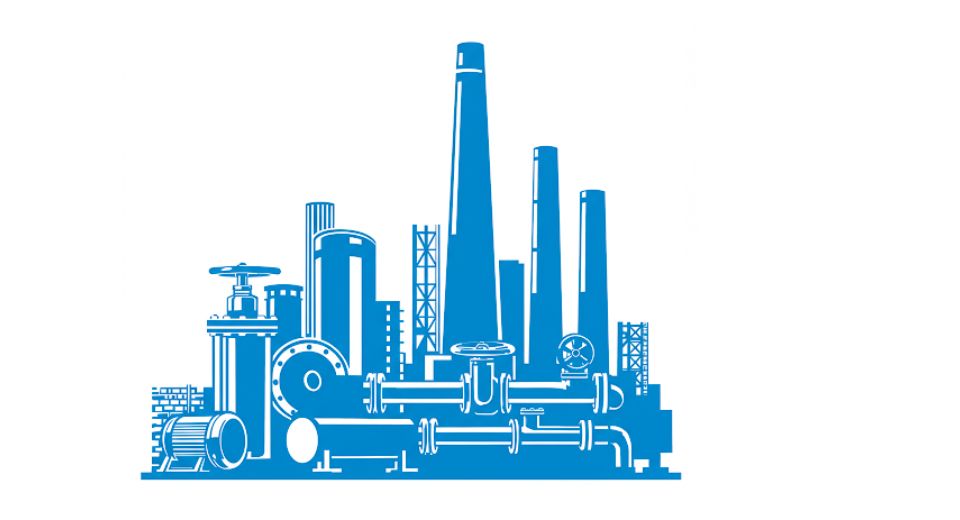
Apr 26, 2025

As Global Industrial Insulation Market by Metastat Insight almost every industry comes across this sector, quite inevitably reportedly improving energy efficiency and making sure the process remains incredibly safe. The insulation market covers a wide range of insulation materials, technologies, and solutions designed to save costs and energy while enhancing thermal management across a variety of industrial applications. It has been a continuous endeavor to provide industrial insulation solutions for their rising need in cost-effective energy purposes along with all the new regulations on various aspects of environment protection worldwide in demand. From manufacturing plants to power generation, insulation is something industries cannot do without to optimize their costs.
Global Industrial Insulation market is estimated to reach $4,617.91 million in 2025 with a CAGR of 5.5% from 2025 to 2032.
Over the years, insulation technology has made huge strides, and the performance of materials in terms of temperature maintenance becomes more and more efficient concerning heat loss minimization and energy performance improvement. Progress of this type has hence made industrial insulation a significant aspect of sustainability strategies in so many sectors. As energy prices rise continually and environmental concerns intensify, industries strive even more to leave a smaller carbon footprint. This, so far, is made possible through insulation, which minimizes unnecessary energy consumption and reduces the level of greenhouse gas emissions.
The emerging wave of the worldwide move toward sustainability has emerged to add salt to the injury already done to the entire face of the international industrial marketplace for insulation. Many countries have come to erect certain regulations and incentives that encourage organizations to adopt much more energy-efficient technologies. The demand for innovative, green-hybrid insulation materials like fiberglass, mineral wool, and aerogels has spiked in recent years because of companies looking for means of complying with the latest regulations while achieving higher energy performance at the same time. This push towards such environmentally friendly instruments has been good for the development of the Global Industrial Insulation Market.
Apart from that, the industrial insulation is understood, among other things, to be the result of increasing complexity in industrial systems and the consequent requirement for increased specialization in insulation products. In that, as these industries keep on growing and tending to diversify, the needed solution will be the increasing demand for specifically req2uired formulated insulation solutions based on what it is meant for, whether used for high-temperature systems in petrochemical plants or cryogenic applications in food and beverage companies. The market of custom-made insulation products has grown strongly, and now companies can find materials that not only meet the required specifications but also give better durability, longer life cycles, and improved safety features.
The heightened priority given to worker safety and operating efficiency is yet another driving force for the industrial insulation industry. Insulation materials have been helpful in enhancing energy efficiency in industrial operations, protecting workers from extreme temperature conditions and possible work hazards. In relation to this, industrial insulation assures that the workplaces are safer and more comfortable by means of either insulating hot pipes at a chemical plant or soundproofing machines in a manufacturing facility. Because of ever-stricter safety standards in the industry, the market has been growing for reliable and high-quality insulation materials.
Growth in the Global Industrial Insulation Market is also caused by increasing emphasis on the infrastructure projects being put in place in developing countries. First, there was a soaring demand for industrial insulation in the emerging economies due to rapid urbanization and industrialization in Latin America, Asia-Pacific, and the Middle East. All the developing nations invest heavily in energy-efficient infrastructures of industrial facilities, power plants, and transportation networks. Development of new industrial complexes and retrofit existing-industrial facilities on an increasing scale are the factors contributing to the overall expansion of the market. As these regions keep developing economically, the need for energy-saving solutions and industrial insulations will remain a significant end-user concern.
Changes in digitalization adoption continue to push the boundaries. The industries can better monitor and cut down energy usage with the proliferation of automated technologies, machine learning, artificial intelligence, and others. Digital tools now enable much precise measurements of thermal performances, making it easier for companies to pinpoint areas where heat is lost and, thus, to better utilize insulation systems. This digital transformation has not only led to an energy-efficient transformed industrial insulation but has also driven further innovation in the development of new materials and solutions.
Competitive future markets for industrial insulation are derived from growing investments in green technologies among others, across various expanding industrial applications, and rising energy prices. More and more, therefore, green and energy-efficient manufacturing processes will influence roles insulation plays. Coupled with the currently ongoing shift towards renewable energy, innovations in insulation structures keep coming up technologically; thus, the future of the Global Industrial Insulation Market can be both dynamic and sustainable.
Drop us an email at:
Call us on:
+1 214 613 5758
+91 73850 57479